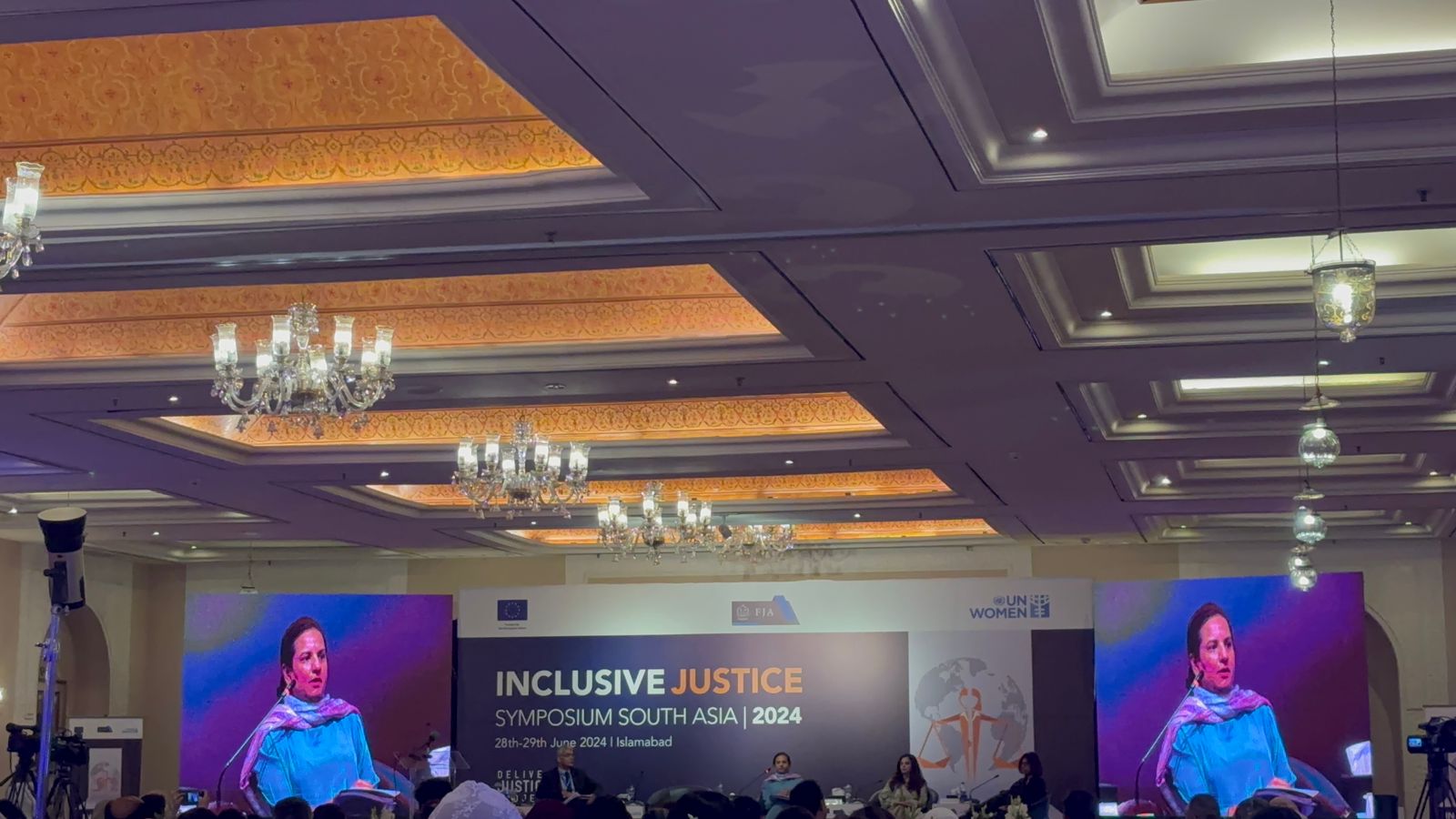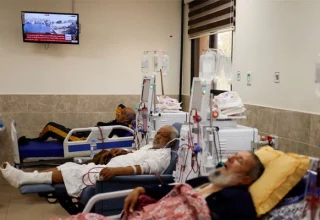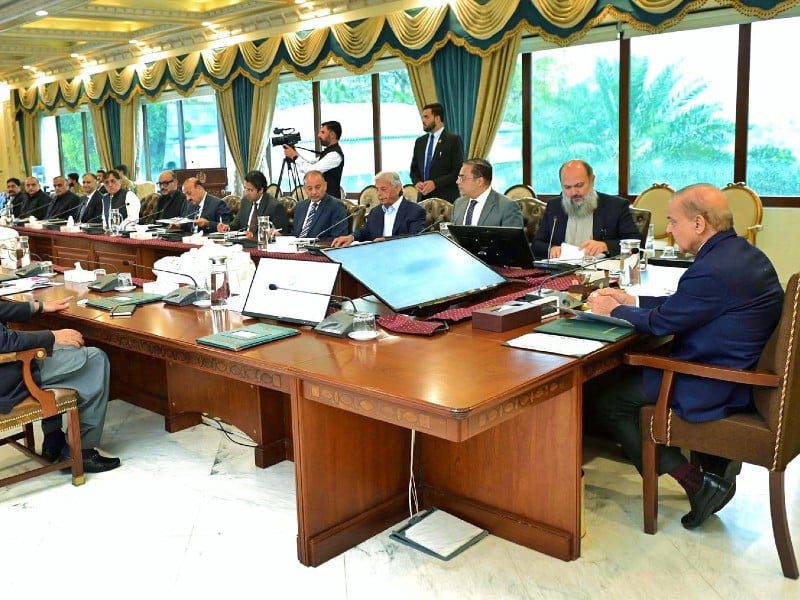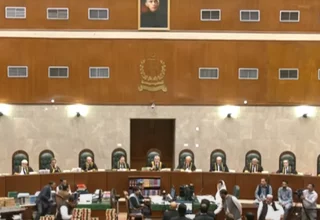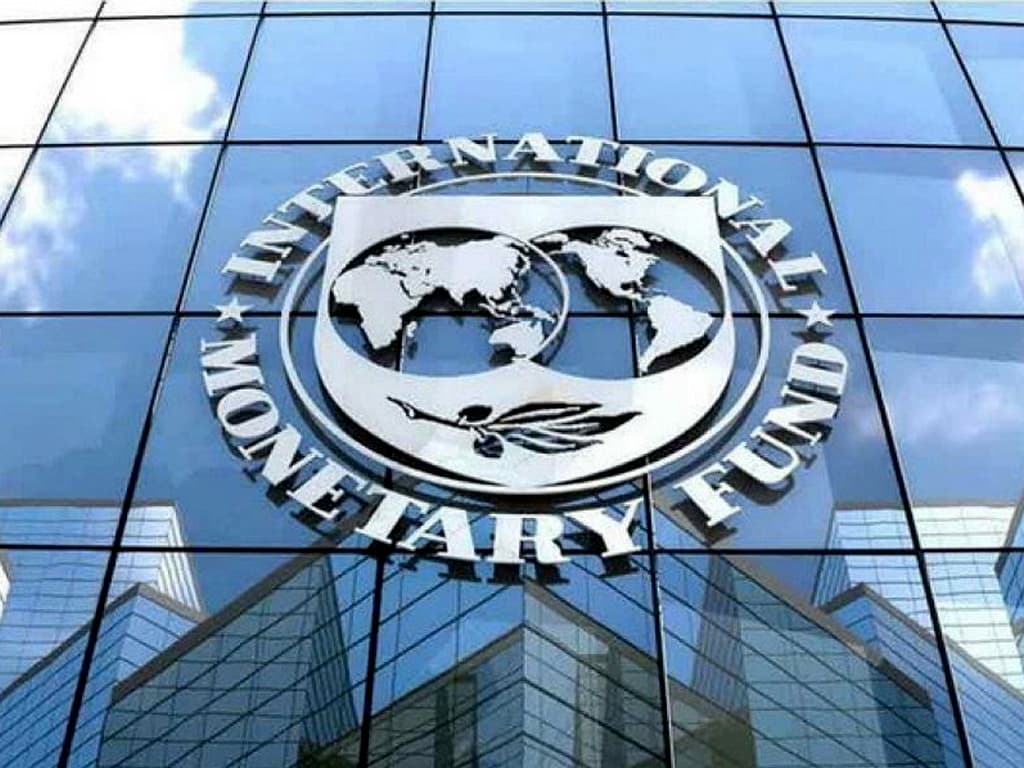Experts advise expense reduction to reassure markets amid power bill crisis
ISLAMABAD:
Caretaker Prime Minister Anwaarul Haq Kakar grapples with rising public discontent as protests persist over soaring electricity bills, with the people demanding action rather than simple expression of inability or just the good intentions.
The unprecedented increase in consumer bills that triggered nationwide protests had prompted the interim prime minister to call back-to-back emergency meetings to discuss the crisis and pledge relief but he ended up confronting fiscal constraints and the International Monetary Fund (IMF) pressure.
In the end, the prime minister appealed to the public, emphasizing that they had to settle the bills due to the government’s limited options. Alongside the exorbitant electricity bills, rampant inflation, escalating petroleum product prices, and the depreciation of the rupee have significantly compounded the people’s hardships.
To add insult to injury, as seething outrage over astronomical bills and price hike reached the boiling point, it emerged that the consumers were set to cough up Rs1.3 trillion in capacity payments to idle power plants in the current financial year.
Apart from the fact that the base tariff has gone double from Rs16 to Rs30 in the last two years, excluding taxes, fuel prices adjustment and quarterly adjustment; the higher electricity bills are not solely due to increased energy costs but also because of the high taxes imposed by the government.
These taxes account for 40 to 50% of each bill and include various charges such as electricity duty, TV fee, general sales tax (GST), GST on fuel price adjustment (FPA), and the excise duty on the FPA. The government imposes a 0.5 per cent electricity duty on bills, which goes to the provinces.
Also, there is a tariff rationalisation surcharge of Rs5 to Rs7 per unit to ensure uniformity across the country. The government also charges a financial surcharge of Rs0.43 per unit from consumers in electricity bills.
Commercial and industrial consumers are subjected to income tax, while a general sales tax of 18 per cent is imposed on all electricity consumers. Further, the GST is charged on fuel price adjustments along with the excise duty on FPA.
Power distribution companies also include bill adjustments in order to recover the increased rates of electricity from consumers in their current bills. This has led to an outcry from consumers, especially because the average rates of electricity have reached Rs42 per unit.
However, amidst rising concerns over surging electricity bills, the experts while criticising the interim government’s approach have called for proactive measures and suggested ways that can address the ongoing economic challenges.
Despite the constraints, the experts have urged cost-cutting measures, including freezing wasteful expenditures from the Public Sector Development Programme (PSDP) and questioned the absence of expert panels for negotiations with the Independent Power Producers (IPPs).
Despite the government’s limited options due to the prior commitments with IMF, it has emphasised the importance of reassuring markets during these turbulent times “as markets are psychological”.
Former chairman of Board of Investment (BoI), Haroon Sharif, noted with surprise that the government was simply throwing ball in IMF’s court, instead of cutting down the wasteful expenditures to redistribute them to the masses in dire need because of the inflated electricity bills.
“It is surprising that a non-political government is blaming the IMF for not being able to provide relief to poor,” Sharif said. “They need to cut down government cost and redistribute.”
He was of the view that expenditures could be cut from the PSDP, adding “perks and privileges and other wasteful expenditure can be frozen in such an emergency.”
Also, Sharif suggested that the caretaker should improve governance of the National Transmission & Despatch Company (NTDC) and the distribution companies (Discos).
He asked why the government was not making an expert panel to start negotiation with IPPs, which are considered being the main the main reason behind the exorbitant electricity costs. “Unless they give a date of election and spell out priorities,” Sharif said, “things are going to get worse, unfortunately.”
As far electricity is concerned, renowned political experts Zaigham Khan said that the government’s hands were pretty much tied, especially, after the previous governments made some commitments to the IMF.
The expert noted that the government could not do much as providing any relief would mean giving subsidy and the question was that where could they give subsidy from when “they have nothing”. Yet, he noted that things were getting worse as it “seems we haven’t seen the end of it” and the situation could further deteriorate.
“The real problem is that the interim government’s system is inherently destabilising as it comes for a brief period and it’s totally clueless as it has no long-term commitment,” Zaigham Khan said, adding that the Constitution bound it only to manage day-to-day affairs and assist the Election Commission of Pakistan (ECP).
He said that how an interim government, having so many pending issues without having any specialised teams or fully understanding how bureaucracy works, would be able to solve the issues in a limited time that a governments with full-fledged mandated couldn’t. It would be “hoping too much”, he added.
Emphasising that it was less about apathy than being clueless and unable to do much, he, however, said that given the circumstances, the finance minister – being a financial expert – should be appearing to do something.
“The major failure of the government is that it has not been able to give any reassurance to the markets,” Zaigham said, added that it was the most important thing.
“Things are not getting worse just because the economic fundamentals are not working, he said, psychological factors are also contributing to them as markets are psychological. “So, I think one of their main failures lies in failing to sooth the market sentiments and giving them reassurances,” he concluded.



